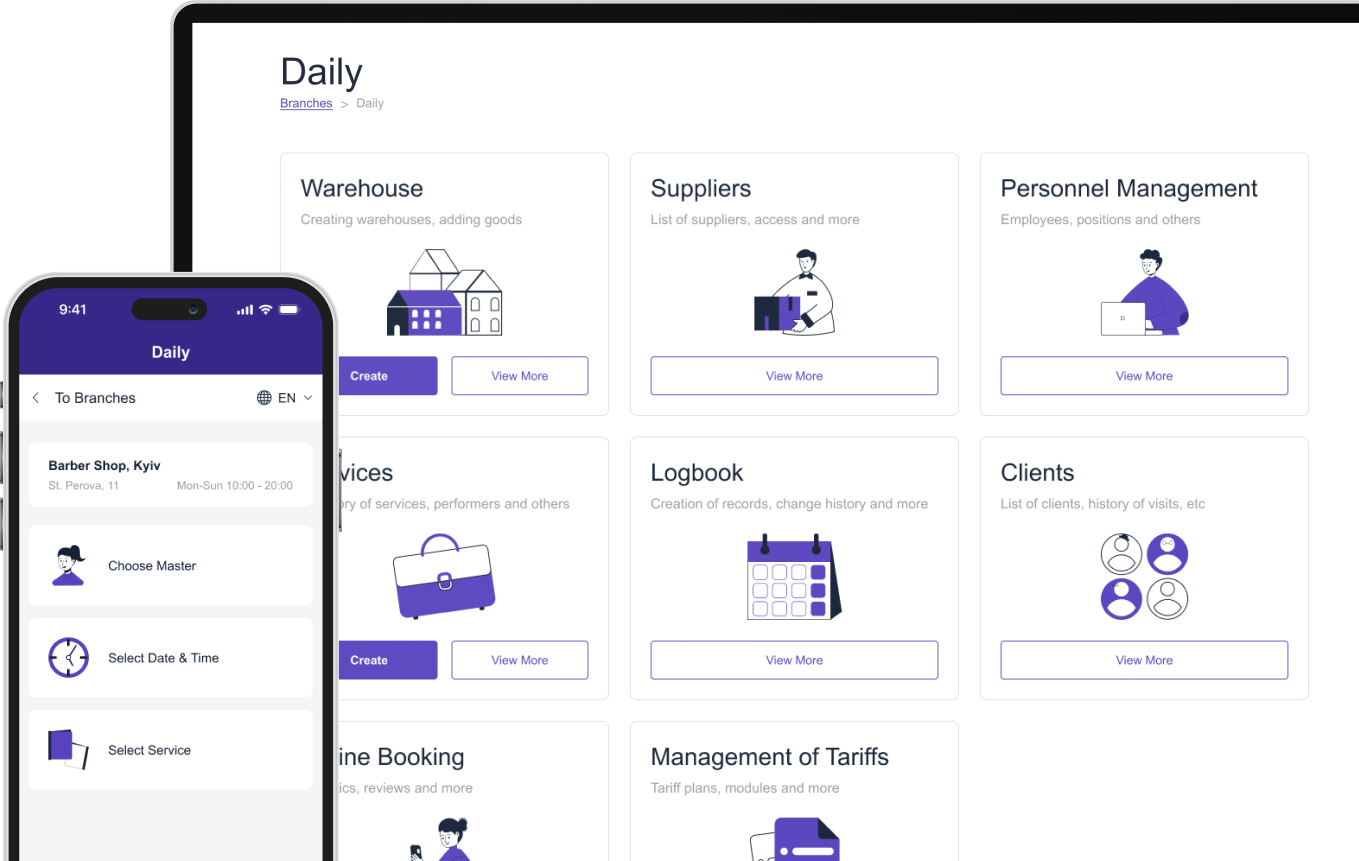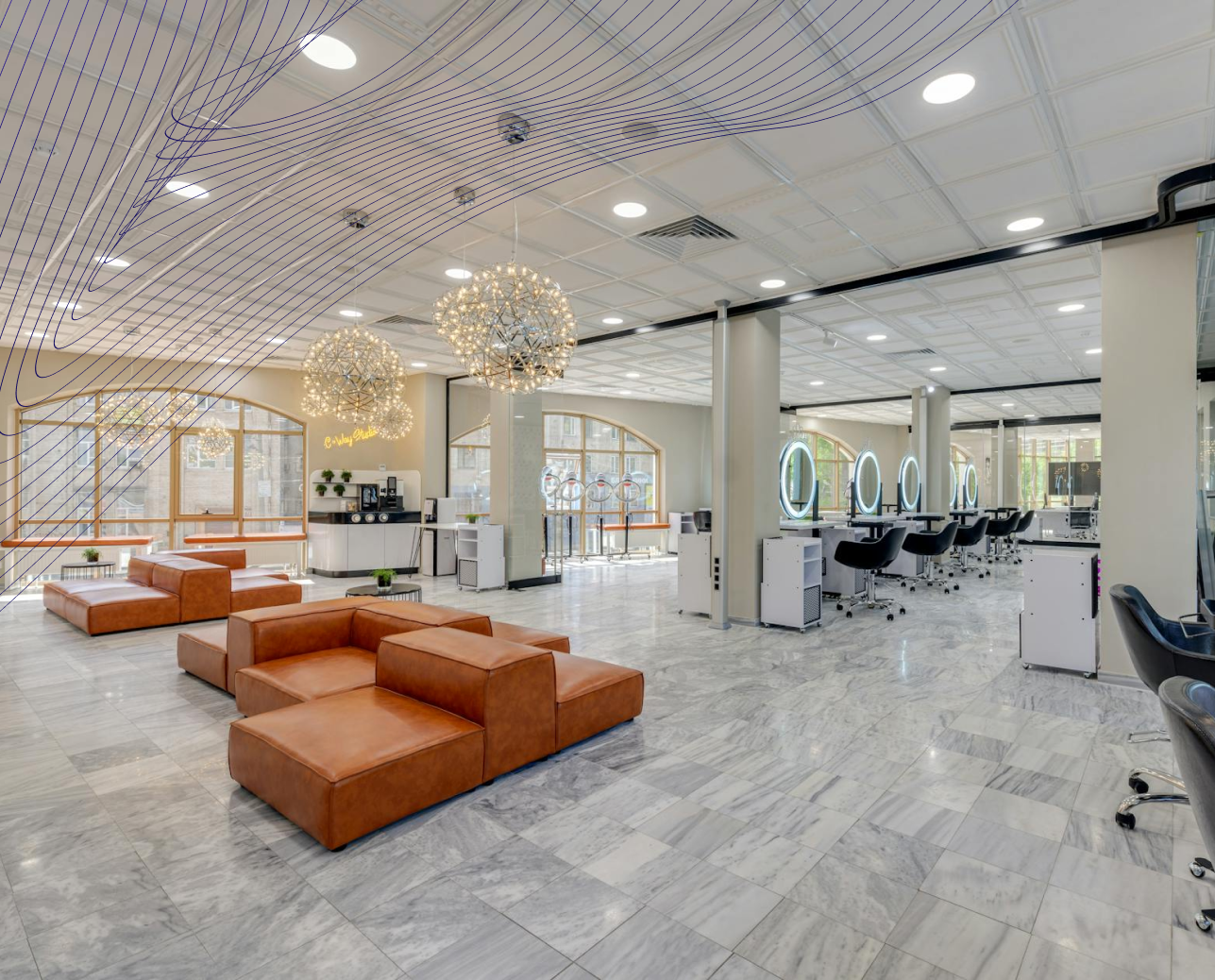Guide on How to Start a Hotel Business: All You Need to Know
Starting a hotel business can be an exciting and rewarding venture, but it requires careful planning, significant investment, and a thorough understanding of the hospitality industry. Whether you're interested in starting a boutique hotel, a luxury resort, or a small bed and breakfast, the key to success lies in meticulous preparation and a clear vision. This guide will walk you through every step of the process, providing practical insights into how to run a hotel business and ensure its long-term success.

Understanding the Hotel Industry
Before you dive into starting hotel business, it's essential to grasp the current trends and demands in the hospitality sector. The hotel industry is highly competitive, driven by guest expectations, technological advancements, and evolving travel patterns. Knowing where the market is headed can help you carve out a niche and position your hotel for success.

Market Research and Analysis
Conducting thorough market research is the backbone of any successful hotel venture. This step will help you identify gaps in the market, assess competitors, and understand what guests in your target area are seeking. Consider factors like:
- Target demographics – Are you catering to business travelers, tourists, or families?
- Local competition – What types of hotels exist in the area, and what do they offer?
- Seasonal demand patterns – How does demand fluctuate throughout the year?
- Economic indicators – Is the area experiencing growth or decline?
- Tourism trends – Are there major attractions nearby or upcoming events that could drive traffic?
By carefully analyzing these factors, you can tailor your hotel offerings to fill an unmet need in the market and create a unique value proposition that sets you apart from competitors. Market research also minimizes risk by ensuring you make informed decisions grounded in data rather than assumptions.

Defining Your Hotel Concept and Brand
A crucial early step in establishing a hotel is deciding on the concept and brand that will define your business. The business of hotel ownership can take many forms, from luxury resorts to budget-friendly motels. Your concept will influence everything from location and design to marketing and pricing strategies.
Here are some common hotel types to consider:
- Luxury Hotel – Offers high-end amenities, exceptional service, and premium pricing.
- Boutique Hotel – Small, unique, and often design-focused, appealing to niche markets.
- Budget Hotel – Focuses on affordability and simplicity.
- Resort – Provides extensive amenities such as pools, spas, and entertainment in vacation destinations.
- Bed and Breakfast – Small-scale, offering a homely and personalized experience.
Selecting the right concept is about more than personal preference – it requires understanding the demands of the local market and aligning your vision with what guests are looking for. Successful hoteliers often find a unique angle that differentiates them from competitors, creating a distinct identity in a crowded landscape.
How Much Does It Cost to Start Up a Hotel?
One of the first questions aspiring hoteliers ask is, how much does it cost to open a hotel? The answer varies based on the size, location, and level of luxury you aim to provide. To create a realistic budget, consider all potential costs, from land acquisition to day-to-day operations. Here’s factors influencing costs:
- Land acquisition and construction – Costs vary significantly by location.
- Interior design and furnishings – High-end hotels require upscale materials and décor.
- Licensing and permits – These can include zoning permits, health certifications, and more.
- Marketing and branding – Essential for building awareness and attracting guests.
- Staffing and training – Salaries, training programs, and recruitment efforts must be factored in.
- Technology – Investing in property management systems, booking platforms, and digital services is crucial.
This table highlights the wide range of potential costs.

How much to start a hotel business will ultimately depend on the scale of your vision and your target market. Planning for hidden costs and contingencies is essential to avoid financial pitfalls during construction and the initial operational phase.
Steps to Start a Hotel Business
Successfully starting and running a hotel business requires following a structured process. Below is a detailed breakdown of the essential steps to start your own hotel and ensure long-term success.

1. Develop a Solid Business Plan
A well-structured business plan is the foundation for any successful venture. This document should clearly outline your hotel's concept, target market, competitive analysis, financial projections, and operational plans. Key elements include:
- Executive Summary – A concise overview of your hotel and goals.
- Market Analysis – Detailed research on your target audience and competition.
- Marketing Strategy – How you plan to attract guests and build brand awareness.
- Operational Plan – Day-to-day running of the hotel.
- Financial Projections – Revenue forecasts, expense estimates, and break-even analysis.
A compelling business plan will not only guide your efforts but will also be crucial when seeking financing. Lenders and investors need to see a well-defined strategy that outlines risks and growth potential.

2. Secure Financing
Financing is often the most challenging part of starting hotel ventures. To start your own hotel, you'll likely need external funding. Common sources include:
- Bank loans – Traditional loans based on credit and business viability.
- Private investors – Individuals or groups willing to invest in exchange for equity.
- Crowdfunding – A modern way to raise capital from the public.
- Government grants – Certain regions offer grants to stimulate tourism.
Ensure your business plan highlights a clear return on investment (ROI) to attract potential financiers. Highlighting risk mitigation strategies can build confidence among investors.

3. Choose the Right Location
Location is a make-or-break factor for hotels. Consider the following when selecting a site:
- Proximity to attractions – Being near popular tourist spots can drive traffic.
- Accessibility – Easy access by road, public transport, and airports.
- Local infrastructure – The availability of utilities, transportation, and nearby businesses.
Conduct feasibility studies to analyze the economic viability of different locations, ensuring alignment with your concept and target audience.

4. Obtain Licenses and Permits
Navigating regulatory requirements is essential for how to open a hotel business. The licenses you'll need include:
- Business operation license.
- Health and safety permits.
- Alcohol permits (if offering bar services).
- Zoning permits.
Failure to obtain the necessary licenses can lead to delays and legal complications. Work closely with legal advisors to ensure compliance throughout the development process. Staying updated on zoning laws and industry regulations is crucial to avoiding potential setbacks.

5. Design and Build the Hotel
Collaborate with architects and interior designers to bring your hotel vision to life. Focus on creating an inviting and functional space that aligns with your brand identity. Pay attention to the details – from room layout and décor to common areas and landscaping – as these elements play a significant role in guest satisfaction. Sustainability and eco-friendly designs are becoming increasingly important, and integrating these elements can attract a wider audience.

6. Hire and Train Staff
Understanding how to run a hotel business successfully requires building an effective team. Focus on hiring experienced hospitality professionals and implementing thorough training programs. Your management structure should support both daily operations and long-term growth objectives.

7. Implement Technology Solutions
Integrate technology like POS systems, booking engines, and property management software. Me-POS offers innovative POS solutions designed to streamline hotel operations and enhance the guest experience. Automation of reservations, guest check-ins, and room service can significantly improve operational efficiency. Technology can also facilitate data collection, allowing you to personalize guest experiences and improve loyalty.

8. Market Your Hotel and Launch
Once everything is in place, launch your hotel with a grand opening event and a robust marketing campaign. Utilize digital marketing, social media, and local partnerships to attract guests. Encourage reviews and referrals to build a strong reputation quickly. Creating special opening offers or packages can generate initial interest and boost bookings.
Make sure that Me-Pos Online Booking meets your needs and requirements before making a final decision.

How to Run a Hotel Business Successfully
Owning a hotel is just the beginning. The true challenge lies in day-to-day operations and maintaining high standards to ensure guest satisfaction. Successful hotel management revolves around delivering exceptional experiences, managing costs, and adapting to evolving market demands. Effective communication between departments, regular staff training, and guest feedback loops are essential for long-term success.

Key Areas of Focus
Operational success in the hotel industry requires attention to multiple facets of the business. Customer service remains the top priority, ensuring that guests feel welcomed and valued throughout their stay. Operational efficiency, driven by technology and streamlined processes, minimizes errors and enhances productivity. Marketing and promotion play a critical role in maintaining occupancy rates and attracting new clientele. Finally, financial management ensures sustainable growth by monitoring performance metrics, adjusting pricing strategies, and optimizing resource allocation.

Challenges in Establishing a Hotel Business
Starting hotel ventures comes with its set of challenges, from regulatory hurdles to operational inefficiencies. Some common obstacles include:
- Securing adequate funding.
- Attracting and retaining guests.
- Managing operational costs.
- Maintaining consistent service quality.
- Staff turnover and recruitment difficulties.
- Adapting to changing guest preferences.
These challenges require proactive problem-solving, strategic planning, and continuous improvement. By anticipating potential issues and preparing contingency plans, hotel owners can navigate the complexities of the hospitality industry and build resilient businesses.
Conclusion
Starting your own hotel business can be a rewarding endeavor if approached with careful planning and execution. By following the steps outlined in this guide and leveraging technology solutions like Me-POS systems, you can ensure the smooth operation and long-term success of your hotel. Remember, success in the business of hotel management comes from delivering exceptional guest experiences and continually adapting to industry trends. With the right approach, you can turn your hotel dream into a thriving reality.

Was This Article Helpful?
Click on a star to rate it!
Thank you for your vote!

Average Rating: 5/5 Votes: 1
Be the first to rate this post!
View more
Related Articles
Best Non-Slip Restaurant Shoes
In the bustling environment of a restaurant, safety, and comfort are paramount for the well-being of workers. Non-slip restaurant industry shoes are c...
What is a Warehouse Management System: All You Need to Know
In the rapidly evolving landscape of supply chain and logistics, efficient warehouse management has become a cornerstone of business success. As compa...
Mastering Customer Retention: How to Create Loyalty Programs?
Customer retention refers to a company’s ability to keep its customers over a sustained period, ensuring they continue to choose its products or servi...
Essential Retail KPIs: Measuring Success and Growth
Running a retail business is a balancing act. You have to manage products, customers, employees, and the store itself, all while trying to turn a prof...
What Is a Barback? Understanding the Role and Responsibilities
In a bar, the barback is the hero working behind the scenes, keeping everything running smoothly. While bartenders are out there mixing drinks and cha...
Restaurant Floor Planning: Strategies for Optimal Space Utilization
Designing the floor plan of a restaurant is one of the most crucial steps to building a thriving business. It’s more than just arranging tables—it’s a...
What Is E-Booking and How It Can Elevate Your Hotel's Success
The hospitality industry is evolving rapidly, and the integration of technology plays a critical role in shaping guest experiences. One of the most tr...
How to Ask a Customer for Review and Feedback: Build Your Reputation
Gathering customer reviews is essential for any business looking to build trust, improve services, and grow its online presence. However, how to ask c...
Choosing the Best CRM for Realtors: Key Features and Considerations
Real estate is one of the most competitive industries out there. Whether you’re managing dozens of properties, closing sales with clients, or running ...
Best Non-Slip Restaurant Shoes
In the bustling environment of a restaurant, safety, and comfort are paramount for the well-being of workers. Non-slip restaurant industry shoes are c...
What is a Warehouse Management System: All You Need to Know
In the rapidly evolving landscape of supply chain and logistics, efficient warehouse management has become a cornerstone of business success. As compa...
Mastering Customer Retention: How to Create Loyalty Programs?
Customer retention refers to a company’s ability to keep its customers over a sustained period, ensuring they continue to choose its products or servi...
Essential Retail KPIs: Measuring Success and Growth
Running a retail business is a balancing act. You have to manage products, customers, employees, and the store itself, all while trying to turn a prof...
What Is a Barback? Understanding the Role and Responsibilities
In a bar, the barback is the hero working behind the scenes, keeping everything running smoothly. While bartenders are out there mixing drinks and cha...
Restaurant Floor Planning: Strategies for Optimal Space Utilization
Designing the floor plan of a restaurant is one of the most crucial steps to building a thriving business. It’s more than just arranging tables—it’s a...
What Is E-Booking and How It Can Elevate Your Hotel's Success
The hospitality industry is evolving rapidly, and the integration of technology plays a critical role in shaping guest experiences. One of the most tr...
How to Ask a Customer for Review and Feedback: Build Your Reputation
Gathering customer reviews is essential for any business looking to build trust, improve services, and grow its online presence. However, how to ask c...
Choosing the Best CRM for Realtors: Key Features and Considerations
Real estate is one of the most competitive industries out there. Whether you’re managing dozens of properties, closing sales with clients, or running ...
View more







































